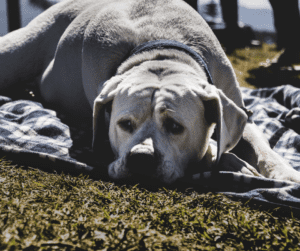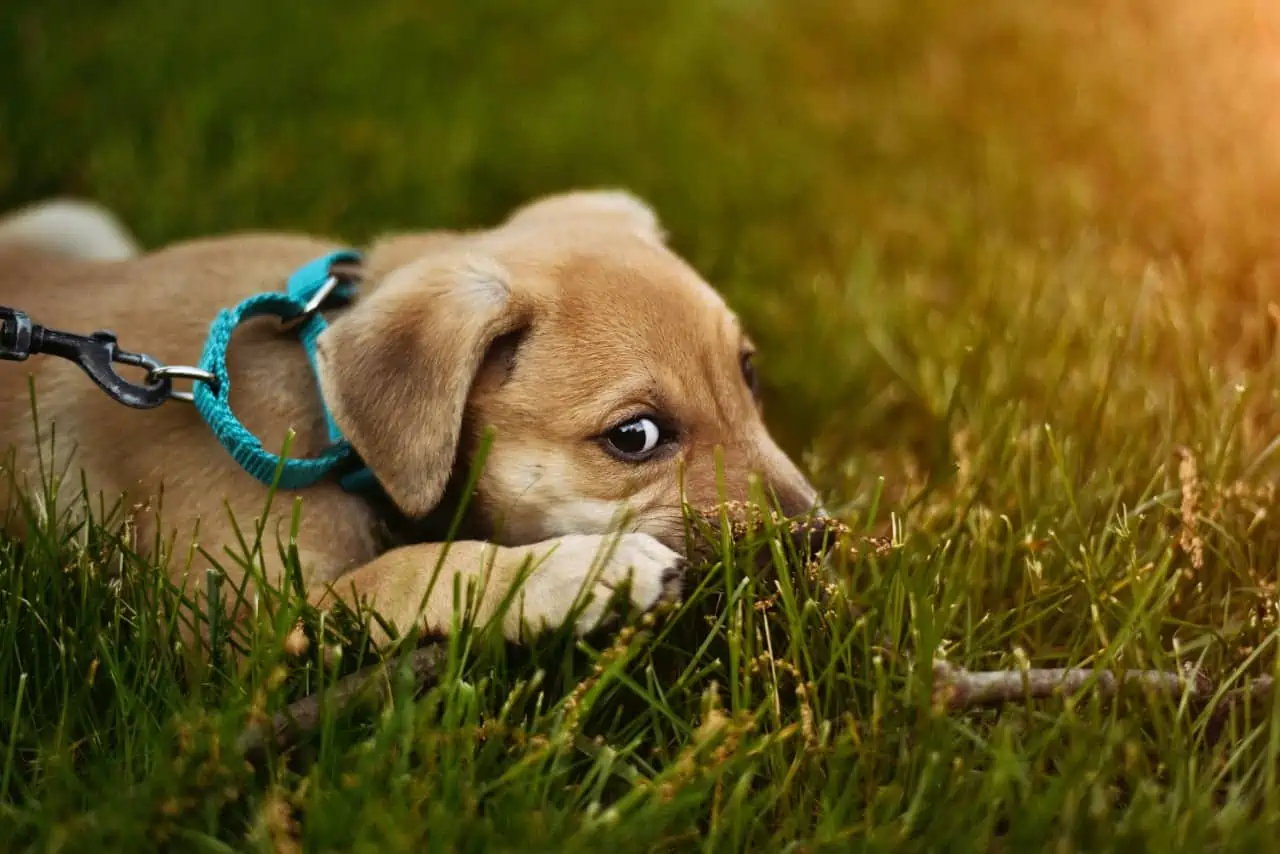Bladder problems in dogs usually mean either an infection or the presence of stones, or urinary calculi.
Table of Contents
Causes and Symptoms
Often the stones are a result of an infection.
Causes of bladder infections in dogs include depressed immune function, glucose in the urine and impurities in the diet. The latter causes irritation and inflammation of the bladder lining, setting up conditions for infection.
Signs of infection or stones
- Frequent licking of the urethra
- Incontinence or dribbling urine
- Blood in the urine
- Increased need to urinate
- Increased thirst
A urine sample is required to properly diagnose and treat a bladder infection.
What is a Bladder Stone?
Bladder stones are labeled according to their mineral makeup. The most common types are calcium oxalate and struvite, or MAP (magnesium ammonium phosphate). MAP stones are more common in male dogs, and are usually related to current or past infection.
Dealing with Bladder Stones in Dogs
Struvite crystals can be dissolved by making the urine more acidic. This can be achieved with the addition of raw apple cider vinegar or unsweetened cranberry juice to the dogs water. Cranberry juice extract or l-methionine supplements can also be used.
Solid Gold makes a cranberry and blueberry extract with marshmallow, which will soothe the urinary tract.
Calcium oxalate stones cannot be dissolved and must be removed surgically. Though this type of stone has become increasingly more common, its exact cause is not yet understood. Both types of stones often reoccur.
Diet Changes Necessary
Chronic cystitis and bladder stones can be controlled with dietary management. Restrictions and supplements will depend on the type of stone. Struvite formers need to have their urine slightly acidic (below 6.3). A diet low in magnesium and phosphorus is used to help dissolve stones. You can check the ph of your dog’s urine using litmus paper (Test Strips) and adjust your supplements or diet accordingly.
Dogs with calcium oxalate crystals are commonly put on a low protein, low sodium diet. Their urine should be kept slightly alkaline (7.0-7.5). Normal urine is slightly acidic, usually around 6.5. Extra water added to the dog’s food can keep the urine from getting too concentrated.
If you are a dog lover then, Subscribe to our weekly newsletters. No Spams!








